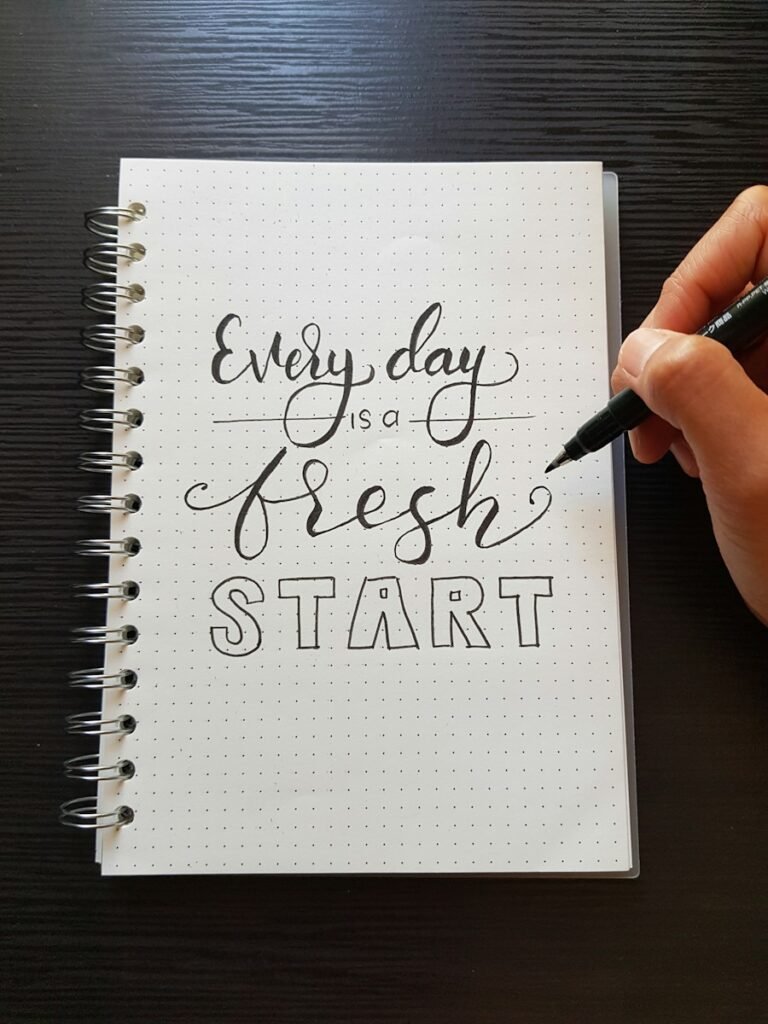
Why Use Quotes and Paraphrasing in Essays?
Why, pray tell, do we use quotes and paraphrasing in essays? Allow me to enlighten you, my esteemed reader. It’s akin to sprinkling a pinch of seasoning onto your writing – it adds zest, piques interest, and captivates your audience. Quotes, those pearls of wisdom from brilliant minds, can deliver a mighty blow in your essay. They lend credibility, bolster your arguments, and inject that extra flair into your prose. As the illustrious wordsmith Francis Bacon once mused, “Some books are to be tasted; others to be swallowed; and some few to be chewed and digested.” Quotes are the chewy morsels that render your essay unforgettable and contemplative.
Now onto paraphrasing. Ah yes, paraphrasing is akin to giving an old masterpiece a modern twist – taking someone else’s ideas and rephrasing them in one’s own words. It demonstrates comprehension of the material and the ability to convey it in a novel manner. Paraphrasing enables one to elucidate complex concepts in simpler terms, rendering one’s writing more accessible to readers. As Albert Einstein aptly put it,”If you can’t explain it simply,you don’t understand it well enough.” So why employ paraphrasing in essays? To demonstrate mastery of the subject matter by articulating it with one’s own distinct voice .
Understanding the Purpose of Using Quotes
Have you ever found yourself gazing at a blank page, pondering how to infuse your essay with some razzle-dazzle? Fear not, my esteemed writer! Quotes are the ultimate ally in the realm of essays. As the illustrious wordsmith Margaret Atwood once proclaimed, “A word after a word after a word is power.” And let me assure you, weaving quotes into your prose imparts that extra pizzazz and panache that sets your work apart from the mundane.
Consider quotes as the mystical spice that enriches the essence of your scholarly creation. Just as a dash of salt can elevate a dish from mere sustenance to an epicurean delight, a carefully selected quote can metamorphose your essay from dull to enthralling. In the wise words of Mark Twain, “The difference between the right word and the almost right word is like lightning and a lightning bug.” So, embrace the potency of quotes in your writing and witness your words radiate brilliance like never before!
Benefits of Incorporating Quotes in Essays
Ah, venturing into the world of essays, are we? Brace yourself, my friend, for we are delving into the enigmatic realm of incorporating quotes into your writing. Imagine this: you’re gliding along, weaving your essay together, and suddenly WHAM! You insert a tantalizing quote that strikes the perfect chord. It’s like sprinkling fairy dust on your words, instantly lifting your argument to new heights. As the illustrious Oscar Wilde once quipped, “I have nothing to declare except my genius.” So why not infuse a touch of brilliance into your essays with carefully selected quotes?
Let us not overlook the authority that quotes lend to your writing. When you include a quote from a respected figure, it’s akin to declaring, “Hey there, I’ve done my research!” It’s like holding an exclusive pass to the intellectual elite club where your ideas mingle with those of history’s great thinkers. As the sagacious Maya Angelou wisely observed,”I’ve learned that people will forget what you said…but people will never forget how you made them feel.” So why not leave your readers feeling enlightened and impressed by integrating some profound quotes into your essays? Trust me when I say – it can truly revolutionize your writing game!
Advantages of Including Paraphrases in Your Writing
Paraphrasing is akin to donning a fresh ensemble on a familiar concept, imbuing it with a new aura while retaining its core essence. It’s not merely regurgitating information; rather, it’s a process of metamorphosis that infuses your own voice and style into the narrative. Picture it as sprinkling your unique seasoning onto a traditional dish – same base ingredients, but with an unexpected twist that sets it apart as uniquely yours.
Imagine paraphrasing as a linguistic waltz – you take the original idea by the hand and gracefully guide it in an uncharted direction, unveiling your comprehension and ingenuity. Through incorporating paraphrases into your writing, you showcase your capacity to grasp intricate notions and present them in a manner that resonates with your readers. It’s like crafting sculptures with words, delicately carving away the superfluous to unveil the inherent beauty within. So, when composing your next piece of prose, do not shy away from embracing paraphrasing as a tool to enrich your writing and spotlight your individuality.
Tips for Integrating Quotes Seamlessly
Incorporating quotations into your essays can bring depth and reliability to your arguments, yet it is crucial to do so in a seamless manner. One strategy is to ensure that the quotation flows naturally within the fabric of your own writing style. You wouldn’t want it to stand out like a sore thumb amidst your eloquent prose. Keep in mind that a well-integrated quotation should feel like an organic extension of your essay, enriching your point rather than disrupting the overall flow.
Another important aspect to consider is providing context for the quotation. Your readers may not be familiar with the source material, so it’s vital to set the scene before unleashing a quote bomb on them. Picture it as offering your audience a tantalizing preview before delving into the main attraction. By prefacing the quotation with a brief introduction or explanation, you ensure that your readers comprehend why you’re incorporating it and how it ties back to your argument. Remember, quoting without context is akin to serving dessert before the main course it just doesn’t provide as much satisfaction.
Strategies for Blending Paraphrasing into Your Writing
Crafting an essay that skillfully integrates paraphrases is akin to mastering a complex art form. It’s like navigating through a labyrinth of words, where each phrase serves as a puzzle piece waiting to be deciphered. Just as a chef delicately balances flavors in a dish, you must carefully blend the paraphrased content with your own thoughts and ideas. Stay true to the essence of the original text while infusing it with your unique perspective, much like translating a passage into your own language.
Paraphrasing is an improvisational dance, reminiscent of jazz music. You take familiar notes and rearrange them in a way that resonates with your personal style. Like a jazz musician interpreting a classic melody, paraphrasing allows you to breathe new life into existing information. The key lies not in mere substitution of words but in transforming the message into something fresh and captivating. Embrace this creative process as you mold these borrowed phrases into your writing canvas, creating an intricate tapestry of interconnected thoughts and concepts that harmonize effortlessly within your essay.
Common Mistakes to Avoid When Using Quotes
Ah, the perplexing realm of utilizing quotes in your essays. They have the potential to enhance your writing, yet many stumble into common pitfalls. Let us engage in a burst of “Avoid These Quote Quandaries!”
Firstly, beware of falling into the Classic Copy-Paste Trap. You chance upon a brilliant quote and hastily insert it into your essay without providing any context or analysis. Just like seasoning a dish, quotes must be seamlessly woven into your writing to enrich the essence of your argument. As George Orwell sagely remarked, “The best quotes are the ones that make you think,” so ensure you provoke some cognitive contemplation among your readers.
Moving on to the Quote Overload Catastrophe. Imagine being engulfed by a deluge of quotes that drown out your original thoughts, leading your audience through a maze of other people’s words. It is akin to hosting a party where all guests are esteemed literary figures, yet you neglect to invite your own voice to join the festivities. In the words of Mark Twain, “Too much of anything is bad, but too much good whiskey is barely enough.” Strive for equilibrium between your insights and the wisdom shared by others to compose an eloquent symphony of intellect in your prose.
Key Points to Remember When Paraphrasing in Essays
When diving into the world of paraphrasing within essays, there are a couple of crucial factors to consider that may leave you feeling bewildered and overwhelmed. To begin with, it’s imperative to recast the information in your own words while maintaining fidelity to the original message. It’s akin to revamping your grandmother’s treasured recipe- preserving the essence while infusing it with your own creative flair.
Furthermore, it is vital to ensure that you have a firm grasp on the concept you intend to paraphrase before embarking on the process. It’s comparable to recounting a scandalous tale without fully comprehending all its intricate details- you run the risk of distorting the narrative entirely. Therefore, take a moment to digest and internalize the material before injecting your unique perspective into it.
Examples of Well-Integrated Quotes in Writing
The enigmatic allure of a well-integrated quote! It’s akin to sprinkling a dash of exotic spice onto an already tantalizing dish it just enhances the essence. Envision this: you’re navigating through your essay, constructing a compelling argument, and then WHOOSH! You introduce a flawlessly positioned quote that leaves your reader awestruck. It’s akin to achieving a game-winning touchdown in the dying seconds sheer elation.
Now, let’s delve into the art of seamlessly incorporating those quotes into your writing. Picture your essay as an intricate mosaic, each quote a glistening fragment that adds complexity and depth. You don’t want your quote to protrude awkwardly like a sore thumb, oh no! It should blend in effortlessly like a chameleon camouflaged in lush tropical foliage discreet yet profound. Remember, a well-integrated quote should feel like an inherent part of the narrative, lending weight and credibility to your argument. So go ahead, scatter those quotes like confetti and witness your writing sparkle!


